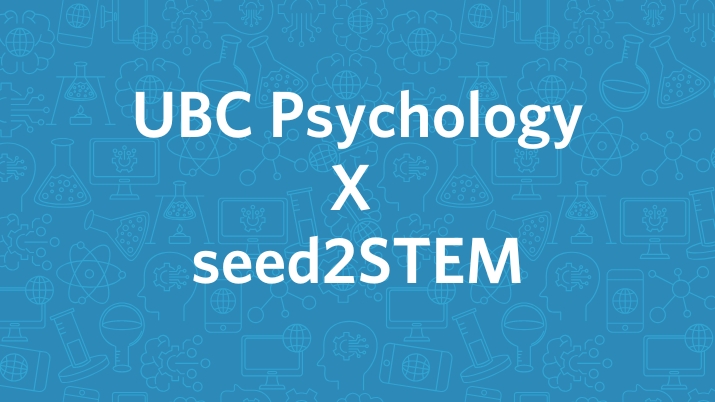The holiday season is a time of giving, but the reasons why people donate to charity aren’t well understood.
UBC psychology PhD candidate Ashley Whillans is the lead author of a study published this month in the Journal of Experimental Social Psychology that looks at the effect of wealth on willingness to donate to charity. In this Q&A, Whillans explains why people donate and ways that charities can solicit donations more effectively.


Ashley Whillans
Wealth can generate a feeling of autonomy and self-sufficiency— what behavioral scientists call “agency”— which can lead people to focus on personal goals rather than the needs of others. In contrast, having less wealth can generate a feeling of connectedness and concern for others— what behavioral scientists call “communion”— which can lead people to focus on the needs of others rather than their own.
Some studies show that the more money people have, the more they donate to charity, while other research has found the opposite to be true. What did your study find?
In this research, we asked more than 1,000 participants to view appeals from charity that emphasized either agency or communion. In one study, a set of ads contained the text, “Let’s Save a Life Together. Here’s How.” Another read: “You=Life Saver. Like the sound of that.” We found that less wealthy people were more likely to donate when they were shown the first ad, while wealthier people were more likely to donate when they were shown the second ad.
We recently replicated these findings and found that wealthier people who read charitable appeals that focused on personal agency donated an average of $150 more to campaigns.
Why do people donate to charity?
The everyday factors that motivate people to donate are not clearly understood. Almost no research has explored the reasons behind the incredible acts of benevolence demonstrated by some of the world’s wealthiest, such as Warren Buffett and Bill Gates. In collaboration with UBC psychology professor Elizabeth Dunn, my research aims to understand the factors that flip the philanthropy switch.
So far, we’ve found that spending money on other people can provide a key pathway to enhanced happiness and even to improved physical health. Uncovering the factors that encourage charitable giving may help individuals use their money in more emotionally satisfying and healthier ways.
Why are these findings important for charities?
To understand what motivates individuals to donate, it is important to understand what they value and how they view themselves in relation to the world around them. This has never been more critical than it is today, especially in the United States. Under the Trump administration, it will be more important than ever to solicit private donations for social and environmental programs such as Planned Parenthood and the Sierra Club.
By tailoring messages to fit with the goals and identifications of donors, charities can encourage giving from individuals from all walks of life and backgrounds. In the United States alone, it costs over $50 billion each year to raise roughly $300 billion. By tailoring messages to people’s motivations, it is possible to encourage charitable giving more efficiently.
This Q&A was originally featured on UBC News.



